In 2020, Apple introduced the new HomePod mini, which almost immediately won the favor of fans. It is a small and cheap home assistant. Despite its smaller size, it offers first-class sound quality, works well with the Apple ecosystem and, of course, has the Siri voice assistant. The Apple company managed to solve the problems of the original (larger) HomePod with this product. The latter offered crystal clear sound, but paid for a high purchase price, due to which it struggled with scarce sales.
It could be interest you
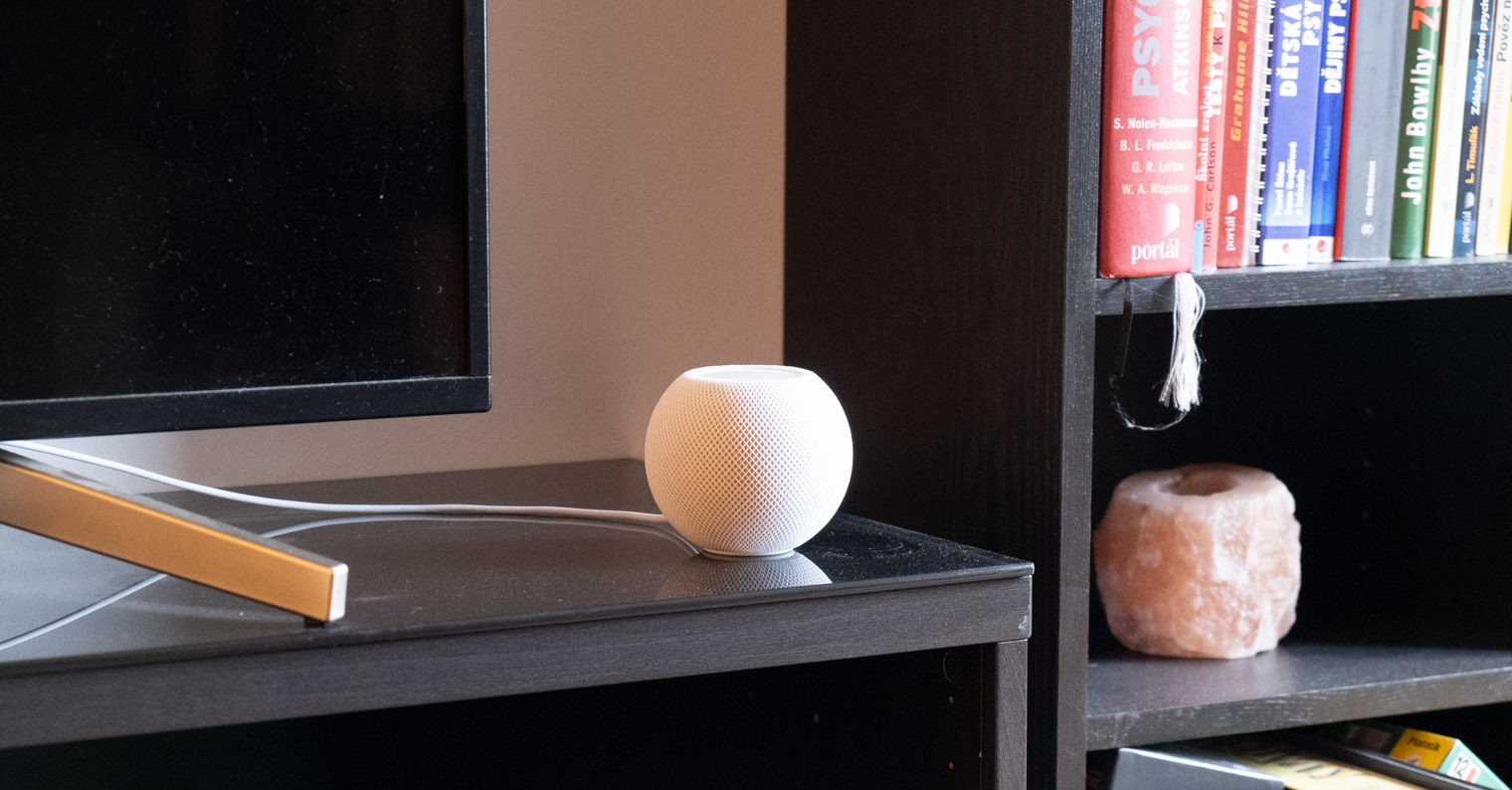
We can therefore call the HomePod mini a great companion for every home. As we mentioned above, this product functions as a high-quality speaker, is equipped with the Siri voice assistant, and can even take care of the complete operation of the entire Apple HomeKit smart home, as it also functions as a so-called home center. However, an interesting discussion opened up among apple growers practically immediately after its introduction. Some are wondering why Apple didn't make the HomePod mini a wireless speaker.
Home Assistant vs. wireless speaker
Of course, Apple has all the necessary resources to develop its own wireless speaker. It has solid chips, technologies under the Beats by Dr. brand. Dre and practically all other essentials. At the same time, it might not hurt if the HomePod mini was truly wireless. In this respect, it would benefit primarily from its compact dimensions. Despite its size, it offers great sound quality and is theoretically easy to carry. After all, some users use their HomePod in this way anyway. Since it is powered via USB-C, you just need to take a suitable power bank and you can go practically anywhere with the assistant. However, Apple intended this product a little differently. After all, this is precisely why it is not a wireless speaker with its own battery, but on the contrary, it must be connected to the mains.
As we mentioned above, the HomePod mini is not a wireless speaker. It is about the so-called domestic assistant. And as the name itself suggests, the home assistant serves to make it easier for you to function within your household. Just in principle, it makes no sense to transfer it. If you wanted to, you'll soon find out that it's not exactly the best idea. One of the main advantages of this product is the Siri voice assistant, which is understandably dependent on an Internet connection. Bluetooth technology for music playback is also missing. Although it is present here, the product cannot be used as a traditional Bluetooth speaker. On the contrary, in normal wireless speakers, this technology is absolutely key, because it is used to connect the phone to the device. Apple, on the other hand, is betting on the proprietary AirPlay technology in this regard.
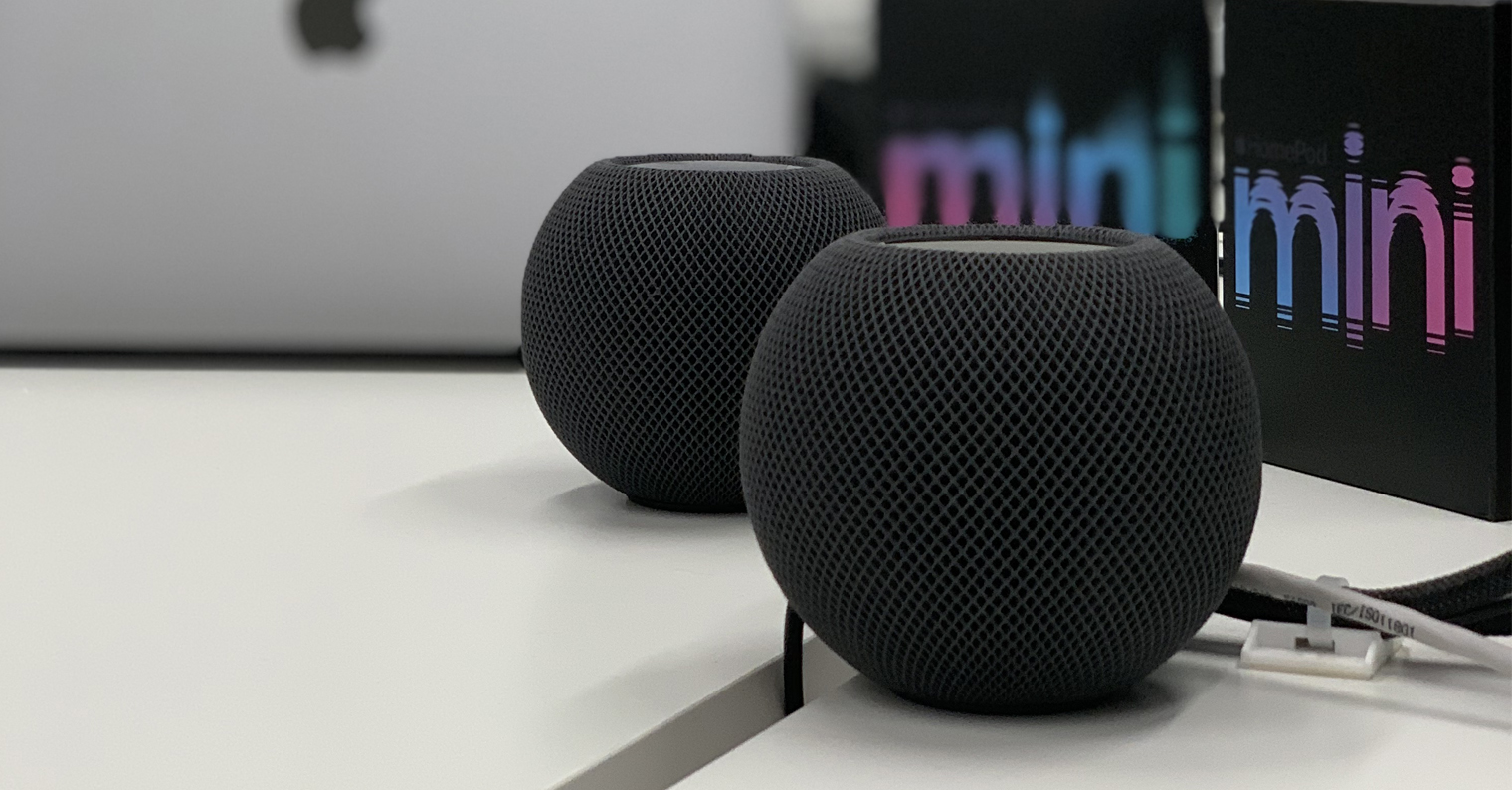
Will Apple introduce its own wireless speaker?
Why the HomePod mini does not work as a wireless speaker is therefore a fairly clear matter. The product was designed to assist apple growers in their homes, so it is not appropriate to carry it around. But the question is whether we will ever see a wireless speaker. Would you welcome such a novelty, or do you prefer to rely on the competition?
It could be interest you
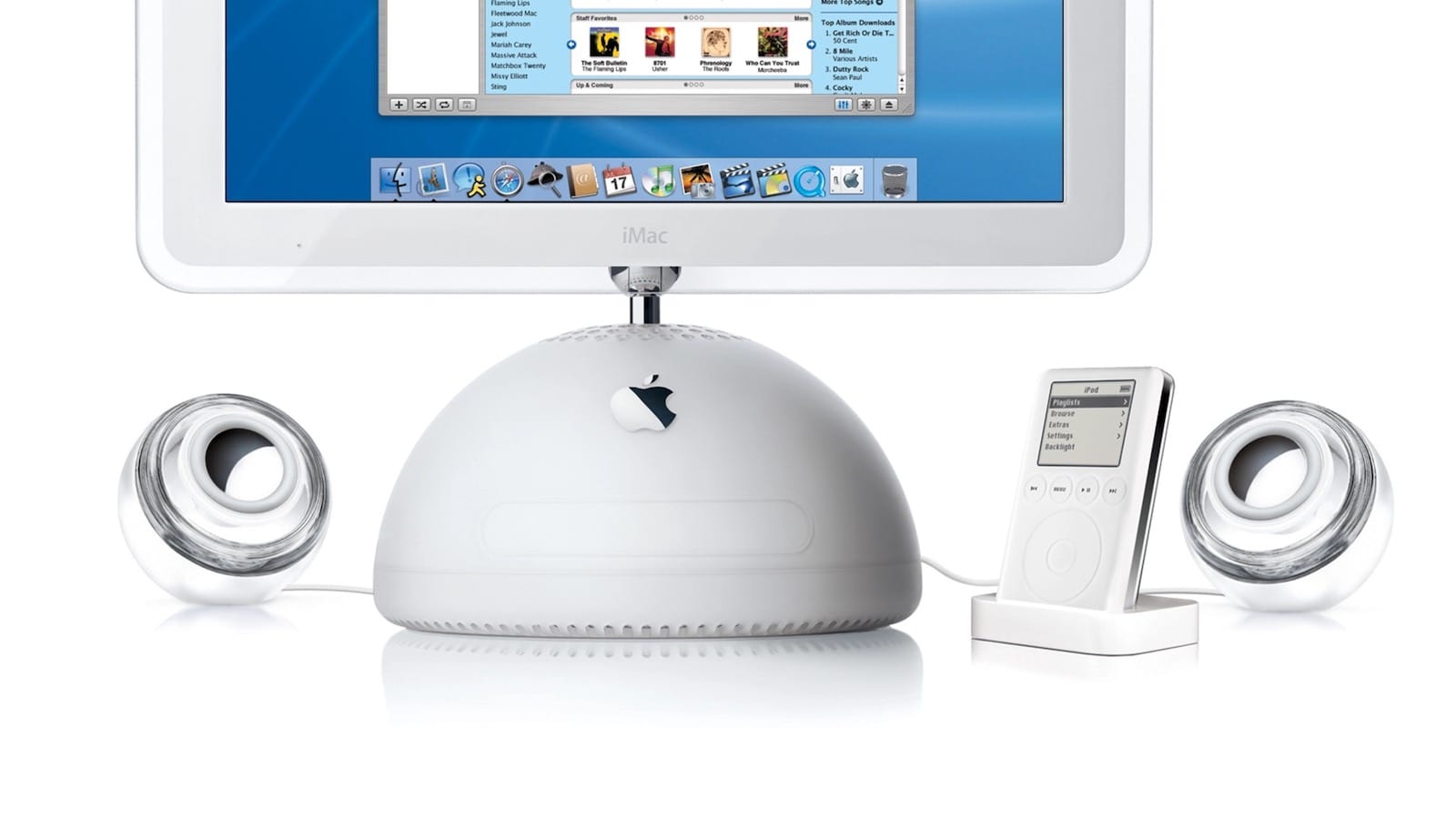
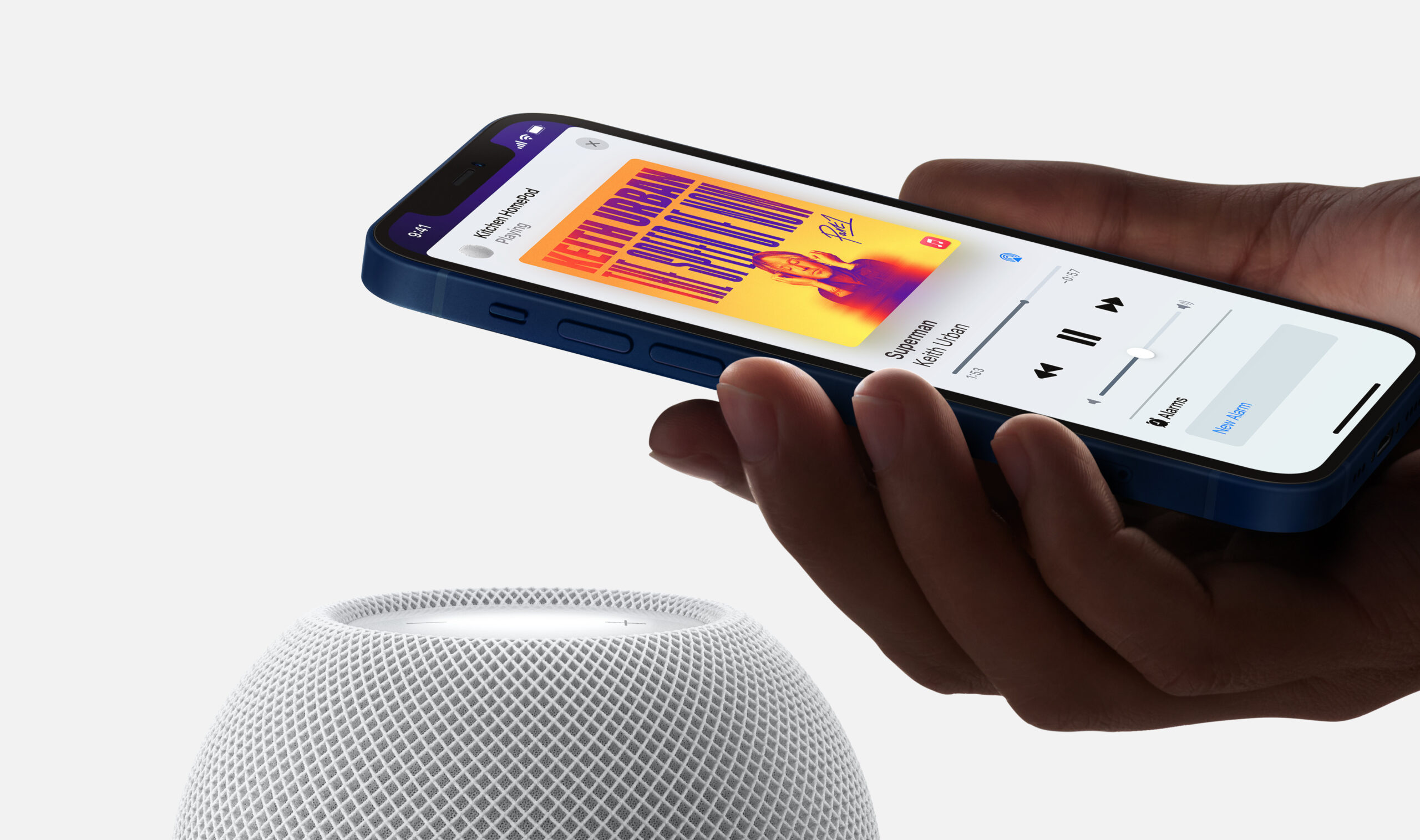
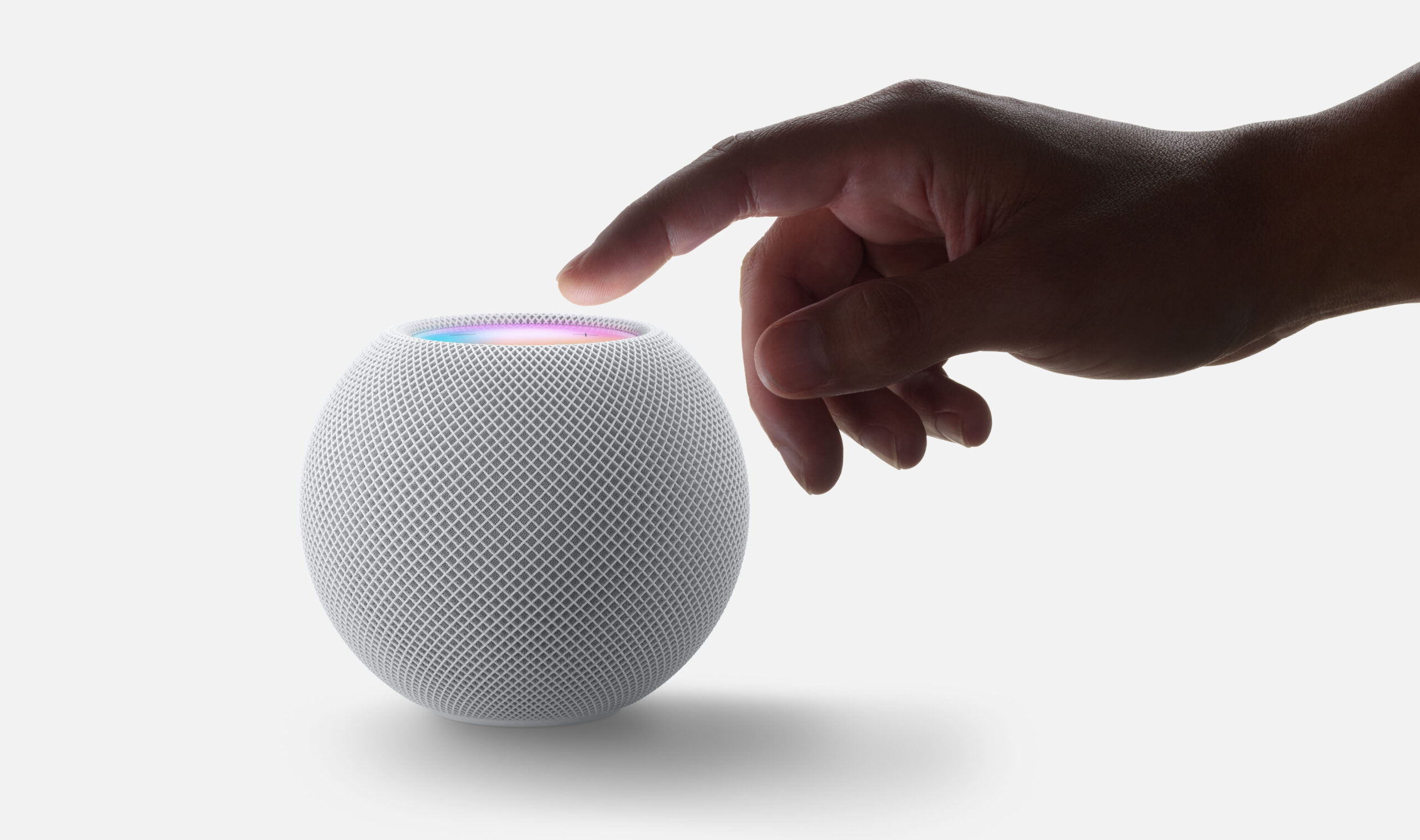

It would be enough if the audio could also be played via bluetooth..
Why isn't the Homepod Mini a wireless speaker? ...mmm, so that some bitch can't carry him outside in a backpack and annoy his surroundings with wannabe cool sr.chkas, playing to the max, wondering what the people around him think of him, what kind of a fighter is he???
You have an error in the article that it does not have bluetooth. Of course, it is there (for controlling Homekit BT devices...) but it cannot be used for playing music.
Imho this is the biggest fail of this product..
Why can't I use the Homepod mini as an external speaker for my Mac? (there is a lot of latency. Let them put it in a pile and I will buy another 2.
"In this regard, it would benefit primarily from its compact dimensions."
I see that here too the author calmly used a foreign word without knowing what it actually means. Try, Mr. Pigeon, to find out the meaning of the word "compact"😉.